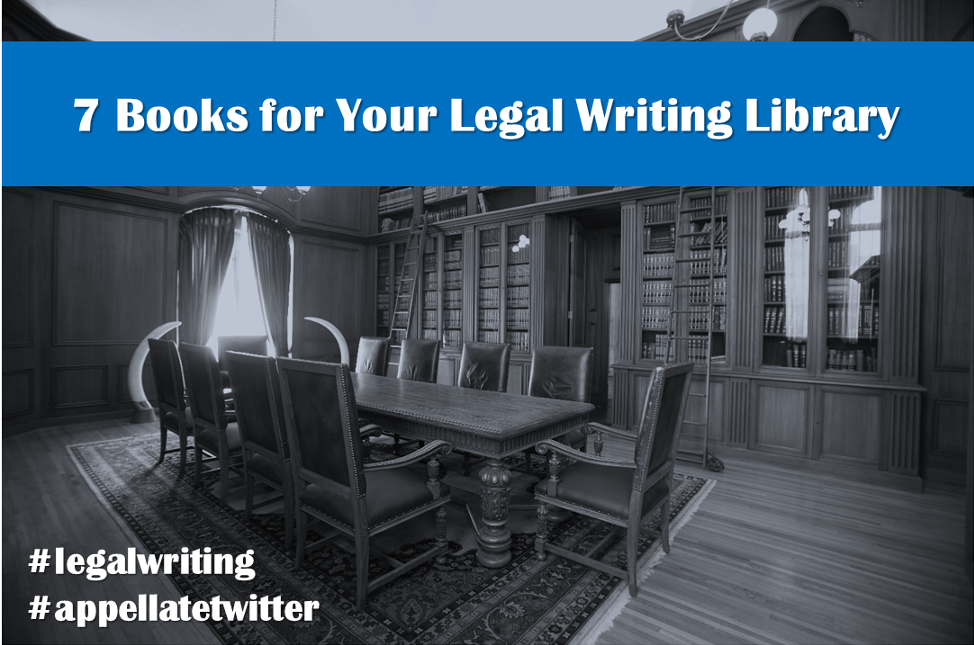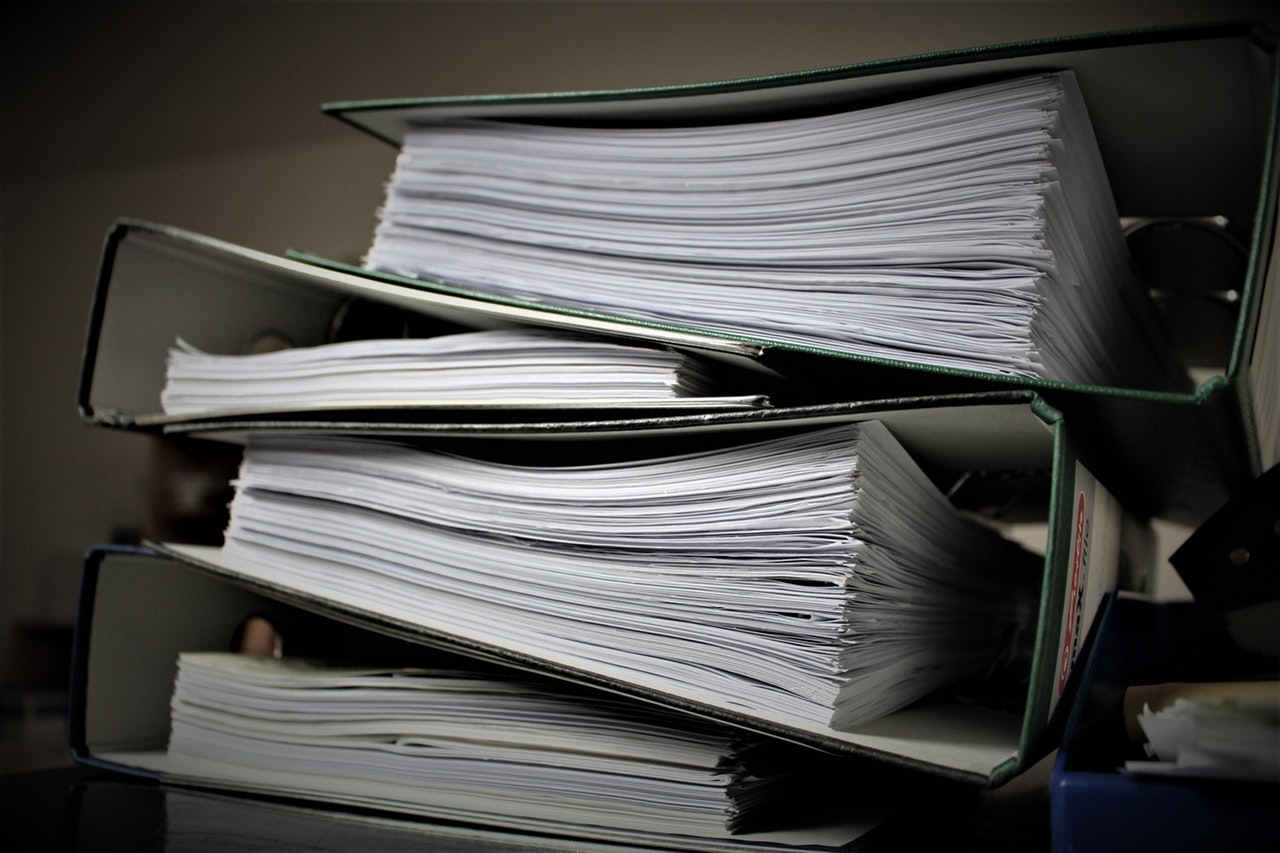Writing isn’t a linear process with a specific set of tools that a writer must use to succeed. It’s more like the messy, disjointed process of putting together a puzzle, where you don’t find the missing pieces until the end. Only after it has taken shape do you see it more clearly. But just because the act of writing is non-linear, doesn’t mean that the process has to be unstructured.
Continue readingEffective legal writing involves connecting compelling arguments with cited support from relevant legal authorities. A clear understanding of these authorities’ hierarchy amplifies the persuasive strength of your assertions. Mastering tools like the Table of Authorities (TOA) in Microsoft Word can improve your productivity. Combining legal writing skills with technological assistance elevates the quality of your work, ensures adherence to court timelines, and helps you concentrate on your argumentation.
Continue readingWhen we start out as lawyers, we’re so afraid of being caught unprepared that we try to memorize every fact, every detail, and every statute. It seems like the smart thing to do. After all, doesn’t every job posting require “attention to detail”? The problem is that details become our security blanket. When a partner, a judge, or a potential client asks a question, we regurgitate the facts we memorized the night before and rattle off code sections—surely, our knowledge will impress our audience.
Continue readingWhat difference can one minute make? It may surprise you to learn that one minute can be the difference between successfully completing two tasks—or fumbling them both. Let’s explore how this theory can help us with the documents we create at work.
Continue readingEven when we’re working in the same building, we rarely interact the people we work with in person and in real time. Now that we’re working from home, we’re relying on email more and more. Aside from a few Zoom conversations, your email writing style and etiquette may be the only thing a senior partner knows of you.
Continue readingWriting short, simple, clear prose isn’t merely good practice. Science tells us it ensures that overwhelmed readers understand your message quickly and easily.
Continue readingThough we continue to write legal memos as though they will be read on printed paper, that expectation no longer holds. Even before the recent shift to working remotely, email had become the primary method of business communication and email memos the vehicle to share legal analysis. Now the screen of the electronic device on which we read provides our structure, context, and limitations—we no longer rely on the printed page for this information.
Continue readingYour legal writing reference library should include more than the five standards: the Bluebook, the Redbook: A Manual on Legal Style, A Manual of Style for Contract Drafting, Garner’s Dictionary of Legal Usage, and Black’s Law Dictionary. There’s more to writing than mechanics and accurate definitions, and these books prove it. From universal rules and styles to advice that will change your process and your results, here are seven books (in no particular order) to make your writing better.
Continue readingAs Gary Kinder wrote in The Perfect Brief Part 11 - Polishing Your Brief, you should never use tricks to squeeze a brief into a word or page limit. It’s unethical and judges will notice—they’ve seen every trick we can imagine.
Continue readingLegal writing can be a struggle because we’re expected to be fast and perfect. This creates a high-pressure situation where we’re sure to doubt ourselves. Fear, perfectionism, self-doubt, and external pressure are the main psychological ingredients for writer’s block. So how can we overcome writer’s block and get that first draft on paper?
Continue reading













